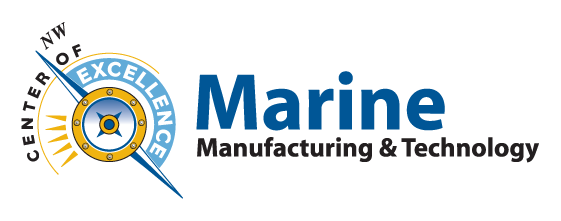The Generational Maritime Divide
By Jenny Johnson, Maritime Inclusion Partners
For the first time in history, the workforce is made up of four and sometimes five different generations and all industries are struggling to bridge that gap in a meaningful way. In a lot of industries, the difference in generations makes for funny conversations in a cubicle or lunchroom. But in a shipboard environment, this gap in human understanding can be dangerous.
Let's dive deeper into how these generations are defined.
Baby Boomer Generation: 1946-1964
Boomers are reliable, loyal, and have a work-centric mindset. They are motivated by promotions. And being openly recognized for their experience, skills, and wisdom that can only come from years on the job.
Generation X: 1965-1979
Gen X values a healthy company culture with professional development and being able to train the younger workforce. Work-life balance, independent work, and getting immediate and succinct feedback keep them motivated.
Millennials: 1980-1994
Millennials are collaborators who value work-life balance and diversity, equity, and inclusion. Being engaged personally and mentored are huge motivators. And they need to be viewed and valued as individuals.
Generation Z: 1995-2012
The first round of Gen Z entered the workforce in 2019. This generation places huge value on work-life balance and praise. They need immediate and constant feedback in a structured work environment. Meaning they need to know exactly what is expected of them in every aspect of their work.
So, what does this all mean in a shipboard environment? Why should we care?
There are significant consequences to Boomers and Gen X transitioning to shoreside roles or leaving the workforce altogether. Studies show that it takes 8-10 years for someone to reach a level of knowledge and experience to train and teach effectively on the job. Building a safe and effective mariner workforce has always relied on on-the-job training and unofficial mentoring. But the communication gap, perceived stereotypes, and social divides between Boomers/Gen X and Millennials/Gen Z have made traditional training and mentoring at sea far more complex.
It is human nature to make assumptions about one another. We all have biases both overt and implicit. But now more than ever we are inundated with content that fuels stereotypes. Which gets in the way of productive collaboration that can lead to building trust and removing barriers to effective training. Not only do we need to work to combat this stereotypical content but we need to help crews gain perspective and understand the “why” behind each generation's way of work.
How can we help more seasoned mariners feel supported and empowered to share their wealth of knowledge, skills, and wisdom that only comes from many years at sea? And support greener mariners in understanding leadership, and communication styles that they are not accustomed to.
A great step vessel and crew managers can take is to identify when a crew has a large generational spread. And recognize that this alone can be a source of conflict at sea. Including an increase in harassment allegations. Just as with a multicultural crew, multigenerational crews can lead to big misunderstandings that could be avoided by simply acknowledging differences and gaining the perspective of others.
Gaining some basic understanding of what motivates each generation and what they value in a workplace (as we have outlined above) can go a long way. None of these traits are bad or better than others, they are just different. However, those differences can have serious consequences aboard a vessel unless they are recognized and harnessed to help drive a strong safety culture.
At the end of the day, you want everyone aboard to be able to give and receive strong communication in both urgent and non-urgent situations at sea.
A final point to make is that most mariners entering the industry today are on a 5 or 10-year plan. This means they already intend to transition shoreside right at that critical point in their career when they can start to effectively train and mentor the next generation. We are looking at a future where “seasoned” mariners are non-existent. Keeping mariners actively sailing is going to require a major shift in how the industry operates. Now is the time to take action to shorten rotations, and create comprehensive parental leave that is focused on how the mariner can ease back into a career at sea after becoming a parent. While these are no small tasks they are not impossible and are crucial to a strong and sustainable U.S. maritime workforce.

